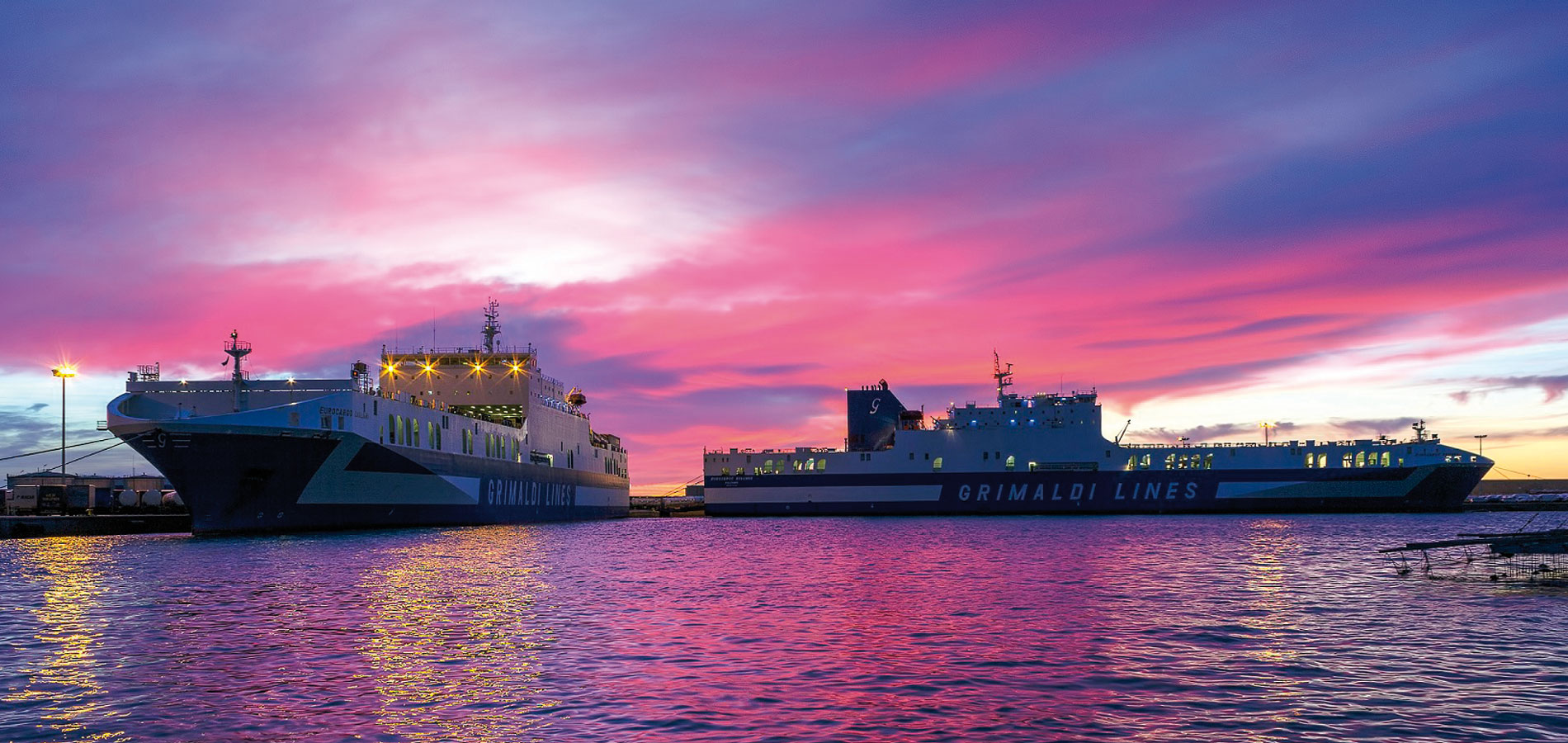Zanetti: “We strongly hope that the European institutions will further consolidate the central role of a strategic sector such as shipping in the European political strategy”
Washington would not be “engaging in negotiations” at (IMO)
After the United States did not participate in the IMO negotiations on the decarbonization of maritime transport (even threatening reciprocal measures) due to its express opposition to any attempt to impose economic measures on ships based on greenhouse gas emissions or fuel choice Washington will consider “reciprocal measures” to offset any fees charged to U.S. ships
A low-emission economy
Confitarma has publicly taken the field to let it be known that it thinks the same way even if it has asked that the International Maritime Organization remain the ground for discussion on the issue.

“The transition to a low-emission economy is a globally shared goal that affects all production sectors, including maritime transport. In this context, uncoordinated actions for different sectors are counterproductive,” according to Shipping Italy
Technological neutrality
Confitarma said in a note, reiterating “the need for the transition to be economically sustainable and to take into account technological neutrality.
Related :(Confitarma) responds to Trump on US Tariffs on Chinese ships
According to the association, it is necessary to avoid the risk of ‘technological lock-in’ by preparing regulations that do not favor or penalize a specific technology.
The regulations must limit themselves to defining objectives to be achieved, leaving operators free to decide which solutions to adopt to achieve them.”
The Confindustria association of shipowners
The Confindustria association of shipowners underlines that maritime transport, which moves 80% of the world’s goods while generating less than 3% of global greenhouse gas emissions, already represents the most efficient and sustainable way for international trade.
The competitive balance of the fleet
The shipowners underline “in particular the need to preserve the competitive balance of the fleet (also, we add, with other modes of transport)” and “the request for greater technological neutrality (also in light of the critical issues found in the CII system) and the concern for the economic impact of potentially disproportionate measures for certain traffic and maritime situations”.
These are issues that Confitarma, together with the European association ECSA and the International Chamber of Shipping, has long brought to the attention of the competent bodies.
Identify a global solution

Certainly – stated the president of Confitarma, Mario Zanetti – it is important that we continue to work to identify a global solution and therefore that the rules are defined at the IMO, avoiding the spread of regulatory fragmentation with the spread of uncoordinated regional initiatives (as is already observed with the European ETS).
It is noteworthy that a State Department spokesperson confirmed on Wednesday that Washington would not be “engaging in negotiations” at the U.N.’s International Maritime Organization (IMO), adding that it was the administration’s policy to put U.S. interests first in the “development and negotiation of any international agreements”.
Related : Confitarma : Impact simulations for Shipping costs of Trump tariff
An initial proposal by a bloc of countries including the European Union, which was submitted to the IMO, had sought to reach agreement for the world’s first carbon levy for shipping on greenhouse gas (GHG) emissions. “The U.S. rejects any and all efforts to impose economic measures against its ships based on GHG emissions or fuel choice,”




